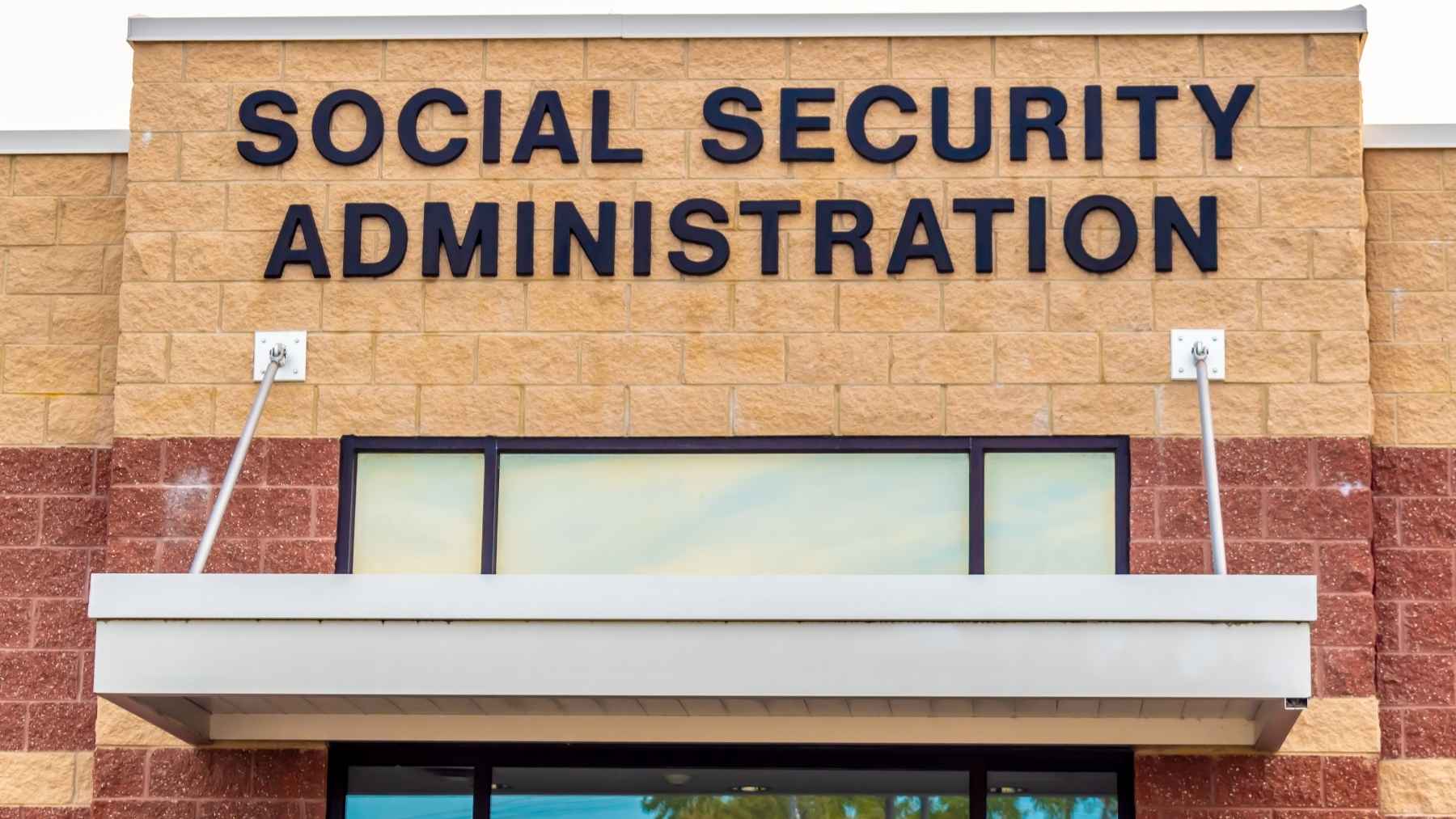Beneficiaries of Social Security are now facing growing concerns that the program will soon run out of funding leaving the upcoming cohorts of retirees with no means to get by. According to recent surveys, this sentiment is commonly shared by millions across the country with the results confirming a record high level of anxiety felt by the people regarding the stability and future of the Social Security Administration.
Will Social Security run out before Gen X reaches retirement?
According to a survey conducted by LendingTree DepositAccounts, it appears that 59% of Americans have a fear that Social Security will run out and no longer be available to them upon retirement. This concern was especially heightened amongst the Gen X cohort who are around 45 – 60 years of age currently.
Monthly Social Security benefits form a cornerstone of retirement security to millions upon millions of Americans. At present, the Social Security Administration is responsible for the monthly security payments of around 70 million vulnerable Americans.
However, public confidence in the program appears to be dropping significantly as a result of the recent sweeping changes that have been enacted within and by the agency. The SSA workforce had been minimized by about 7,000 workers earlier this year. This was then followed up with the closure of several field offices, along with additional high profile government cutbacks.
Parallel to this, multiple generations are faced with a persistent sense of economic anxiety which appears to be driving not just changes in personal financial behavior, but political consequences as well. Essentially, Americans are becoming increasingly worried about benefit security and whether retiring without support from the SSA is possible or not.
Let’s talk statistics
The LendingTree DepositAccounts survey had been conducted with over 2,000 U.S. consumers and the results of this survey had recorded that 62% of Americans who are presently nonretired are of the belief that they will not be able to retire without Social Security.
The Gen X cohort are especially concerned regarding this matter as they approach retirement age. Around 70% of Gen X individuals have fears that Social Security will run out of funding before they even reach retirement. These fears are somewhat justified on the part of Gen X since 48% are the least likely to have a plan for financing themselves independent of Social Security benefits.
Below are the results of the online survey of 2,006 U.S. consumers ages 18 to 79 from April 8 to 14, 2025:
Worry Social Security won’t be available when they retire:
- Gen Z – 45%
- Millennial – 60%
- Gen X – 70%
- Baby Boomer – 48%
Have a retirement plan outside of Social Security:
- Gen Z – 41%
- Millennial – 55%
- Gen X – 48%
- Baby Boomer – 53%
Social Security actuaries have long been warning that a shortfall is projected for the program and the retirement trust fund could be emptied as early as 2033. In the event of this depletion, the SSA will only be able to cover 77% of scheduled benefits, as per a 2024 report by the Social Security Board of Trustees.
Matt Schulz, chief consumer finance analyst at LendingTree says that, “Americans are losing faith in one of the cornerstones of retirement planning. That fear is real and growing, and it’s leading to belt-tightening, anxiety and even political consequences.”
Proposals to increase retirement age or reduce benefits will lead to a downtick in support for politicians and 68% of respondents said they would be “less likely to vote for a lawmaker who backs Social Security cuts.”
Additionally, 52% are in support of a tax increase to further “bolster the funds for future generations.”
Any other further cuts from the SSA have not been confirmed, however, lawmakers are at odds on how to fix this growing issue. The Social Security and Medicare Fair Share Act was recently reintroduced by Rhode Island Senator Sheldon Whitehouse and Representative Brendan Boyle of Pennsylvania, who are both Democrats. This Act would impose a payroll tax on those earning above the $400,000 threshold which is an income cohort that is currently exempt due to the existing tax cap of $168,600.

